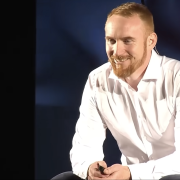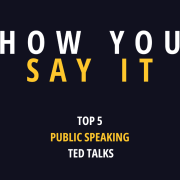Bill Campbell was once described as the “Silicon Valley’s best kept secret” by Fortune.
Bill was a former American Football Coach who became so influential that he worked regularly coaching Steve Jobs and the founders of Google.
The ‘Trillion Dollar Coach’ is written by former CEO of Google, Eric Schmidt, Former Snr Vice President of Google Jonathan Rosenberg, and Director of Google Alan Eagle.
All three of the authors have worked with Bill Campbell throughout their careers and time working at Google and describe the impact the Bill had on the company by saying:
“We can say, without a doubt, that Bill Campbell was one of the people most integral to Google’s success. Without him, the company would not be where it is today.”
Here are 7 lessons that I have taken from the book and from Bill Campbell’s leadership and coaching skills.
1. The difference between a mentor and a coach
“Whereas mentors dole out words of wisdom, coaches roll up their sleeves and get their hands dirty. They don’t just believe in our potential; they get in the arena to help us realize our potential.”
2. The power of listening and being honest
“Scholars would describe Bill’s approach-listening, providing honest feedback, demanding candour as “relational trans-parency,” which is a core characteristic of “authentic leadership.”
3. Solving problems as a team
“His first instinct was always to work the team, not the problem. In other words, he focused on the team’s dynamics, not on trying to solve the team’s particular challenges. That was their job. His job was team building, assessing people’s talents, and finding the doers.”
4. Working towards shared goals
“There is another, equally critical, factor for success in companies: teams that act as communities, integrating interests and putting aside differences to be individually and collectively obsessed with what’s good for the company.”
5. Telling stories to pass on information
“Bill coached me to tell stories. When people understand the story they can connect to it and figure out what to do. You need to get people to buy in.“
6. Invest in making people better
“Most people don’t spend a lot of time thinking about how they are going to make someone else better. But that’s what coaches do.”
7. Human connection creates empathy
“Bill’s approach was to make the human connection first, then approach the work with that understanding.”
Throughout the book, i turned every page waiting to read the moment that describes the skill that Bill Campbell had that made him so unique.
But it never happened.
The truth is, that the majority of the things that Bill did were basic skills that we can all do; listening, building strong teams, creating communities within teams, telling stories for impact, taking time to make people better and connecting with people on a human level.
The final lesson that I took from the book was:
“Being a good coach is essential to being a good manager and leader. Coaching is no longer a specialty; you cannot be a good manager without being a good coach.”
I’ve dipped in and out of this book for years and noted pages and pages of quotes that I regularly reference back to when working with clients.




